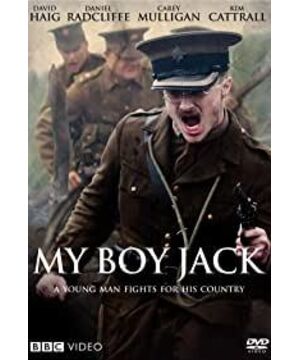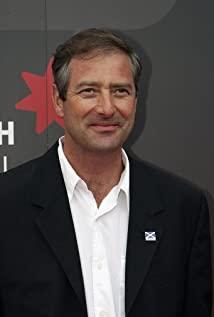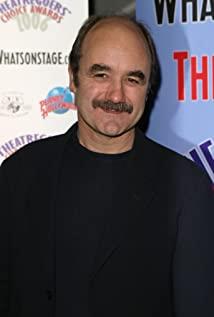Rudyard Kipling is Jack's father. If you have an understanding of the history of English literature, you will know that the first Nobel Prize winner in British history was Kipling. This rebellious writer has witnessed how the British Empire has reached the pinnacle of global dominance. As a writer, he prides himself on being an imperialist, and he sings in a realistic tone of the imperial soldiers' expeditions and wars around the world.
There are roughly two types of people who praise or yearn for war. They are either hysterical military madmen, or those who have childish fantasies about heroes and fighting like children. Kipling may have been in the latter category, but he never really took to the field. To him, war seemed to be a beautiful parade on the playground, or a parade of heroic triumph.
As a result, Kipling's dream of war naturally fell on his son Jack. Despite Jack's severe amblyopia, Kipling, as a father, still insists on doing everything possible to put his son into the army.
Over time, the biggest meaning of Jack's life seems to have really become joining the army and waving on the battlefield. The vision check with every experience becomes an almost masochistic self-challenge. After each failure, the Kiplings hypnotized and reunited. Ultimately, Kipling, a socialite, used his connections to get his son to join the Army on the eve of World War I.
After hearing Jack's comrades describe the circumstances of his death, Kipling said: "He died well, without much pain, or lucky."
In the film, Kipling once said to his wife: "Do you want to let him die ? Do I kneel before you and admit that I murdered my son?"
Yes, Jack died of his own father's murder.
In 1915, the appalling World War I was reaching its climax. Kipling wrote a poem about his dead son.
My Boy Jack
“Have you news of my boy Jack?”
Not this tide.
“When d'you think that he'll come back?”
Not with this wind blowing, and this tide.
“Has any one else had word of him ?”
Not this tide.
For what is sunk will hardly swim,
Not with this wind blowing, and this tide.
“Oh, dear, what comfort can I find?”
None this tide,
Nor any tide,
Except he did not shame his kind—
Not even with that wind blowing, and that tide.
Then hold your head up all the more,
This tide,
And every tide;
Because he was the son you bore,
And gave to that wind blowing and that tide!
View more about My Boy Jack reviews











